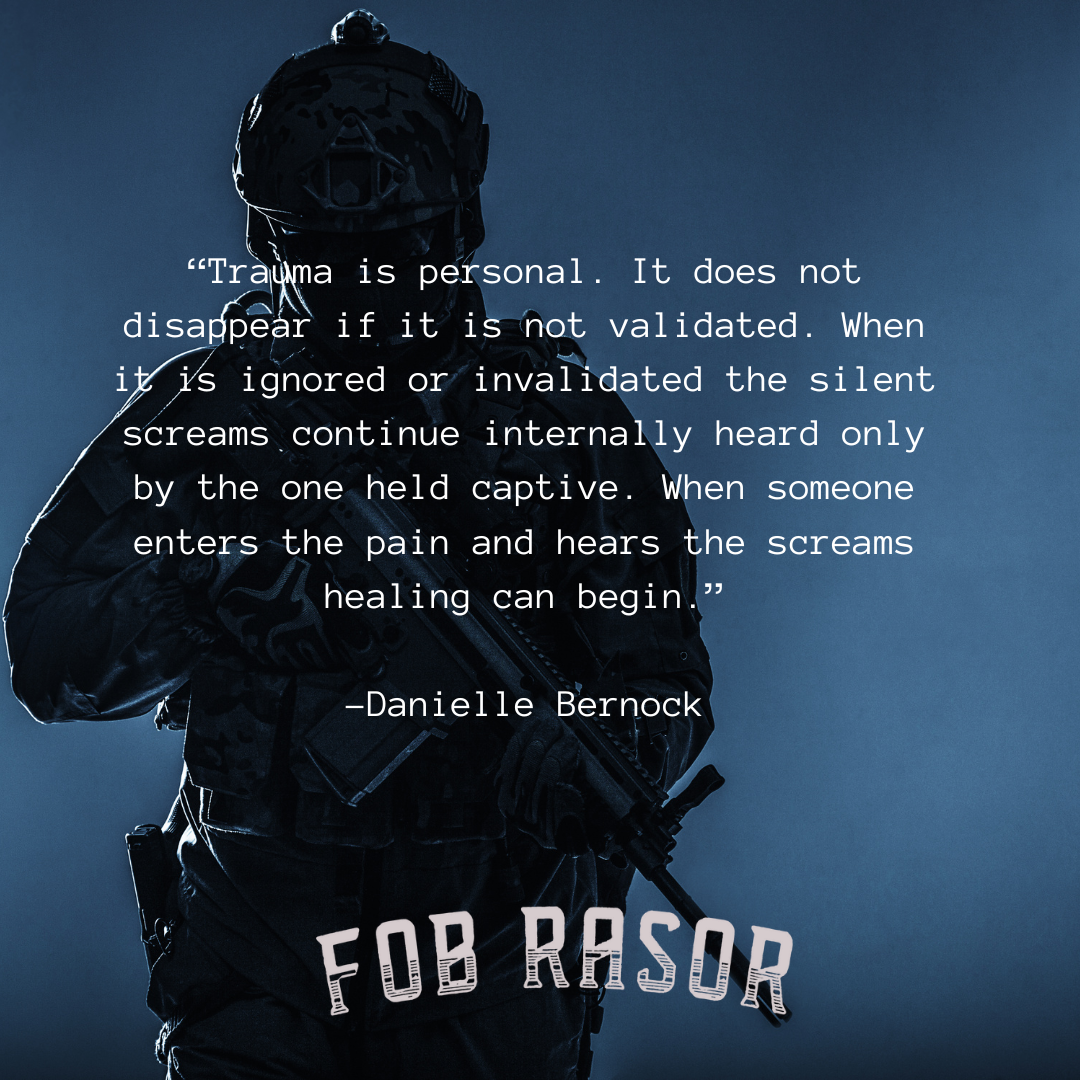
How to Help Someone with PTSD
Share
Post traumatic stress disorder also known as PTSD is a mental health condition in which a person has difficulties recovering after experiencing or witnessing a traumatic event. This condition can often last months or years and its accompanied by intense emotional and physical reactions alongside triggers that cause a flashback of the traumatic experience. When living and or caring for some one that has PTSD there are certain things which must be done in order to cater to said persons needs. An individual with this mental illness can often be seen withdrawing themselves from family and friends as they feel ashamed, don’t want to be a burden to others or feel people wont understand what they’re going through. While it is important to give these people boundaries it is just as crucial to provide social support by not pressuring them into talking, doing normal things with them and managing your own stress as you can help them overcome feelings of helplessness, grief and despair. As previously mentioned, while you shouldn’t push the individual into talking when they do decide to share you should be open to listen without expectations or judgments. Being a good listener and making it clear that you care is important but don’t worry about providing advice. It’s often hard to give advice on something you probably haven’t experienced before and the act of listening attentively is truly what helps your partner, not so much as to what you say. Next you must help this rebuild the feeling of trust and safety. PTSD alters the way a person sees the world making it seem perpetually dangerous and frightening. If there is any way to aid in this development it will contribute to the individual’s recovery tremendously. In addition, PTSD can lead to difficulties managing emotions and impulses. This can be seen as explosions of rage, moodiness or extreme irritability. People suffering from this mental illness often experience minimal to no sleep and as a result they’re constantly exhausted and on edge increasing the likelihood of emotional spikes. Helping an individual with PTSD deal with their volatility and anger can be as simple as watching out for signs of anger/irritation in the person and asking how you can help. These small steps make a big difference in the recovery process. When taking care of a person with PTSD you must also not forget about your own needs. Putting all this weight on a singular persons shoulder is a lot don’t forget to take care of yourself. In order to have the strength to be there for some you have to nurture and care for yourself.
Nick Lizarraga
